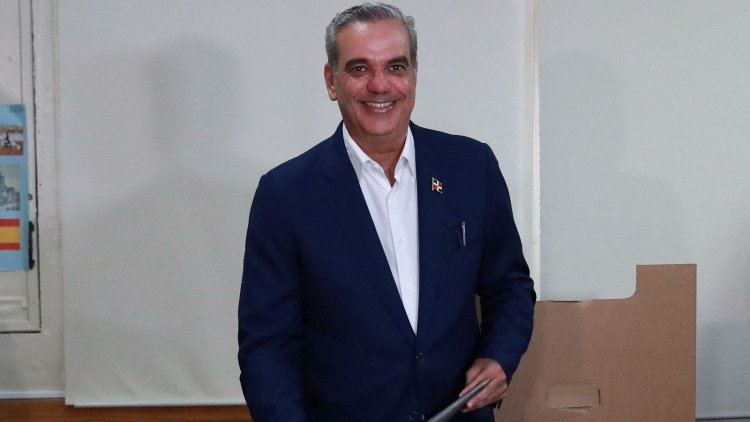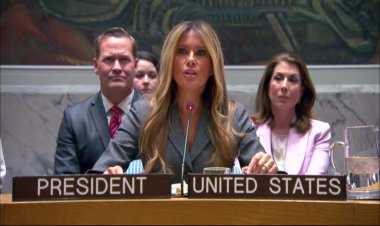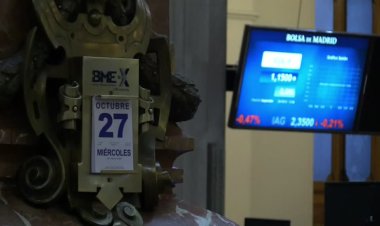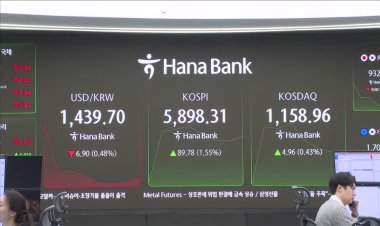Dominican President “Abinader” Wins Second Term

Dominican Republic President Luis Abinader secured a second four-year term in election, an endorsement of his economic stewardship and hardline policies toward migration from neighboring Haiti. With over 25% of votes counted, the 56-year-old US-trained economist held an insurmountable lead of nearly 60% as his main rivals conceded defeat.
Abinader boasted of his success managing the economy and COVID-19 pandemic during a first term overshadowed by the volatility across the Haitian border. The prosperous Dominican Republic, which shares the island of Hispaniola with its impoverished neighbor, has taken a tough stance by deporting over 250,000 migrants last year and constructing a border wall.
The migration issue was not divisive in the election, with both Abinader and former president Leonel Fernandez, who trailed with 27%, backing deportations and tighter border security amid pressure to accept more refugees. Voters expressed support for Abinader's policies to "maintain sovereignty" despite some concerns over treatment of Haitians.
Beyond migration, Abinader's anti-corruption platform and economic record resonated with voters optimistic about growth and job creation, especially in tourism. A Gallup poll showed nearly half of Dominicans feel the country is "on the right path."
The president's Modern Revolutionary Party also appeared headed for a congressional majority. It swept February's municipal elections, seen as a litmus test for the general vote.
Declaring "I will be president of all Dominicans," Abinader vowed not to disappoint the renewed trust as supporters celebrated "four more years" of reforms. He inherits high approval ratings around 70% despite criticism from Fernandez over economic data.
With no widespread irregularities reported, authorities and observers endorsed the election's integrity.















